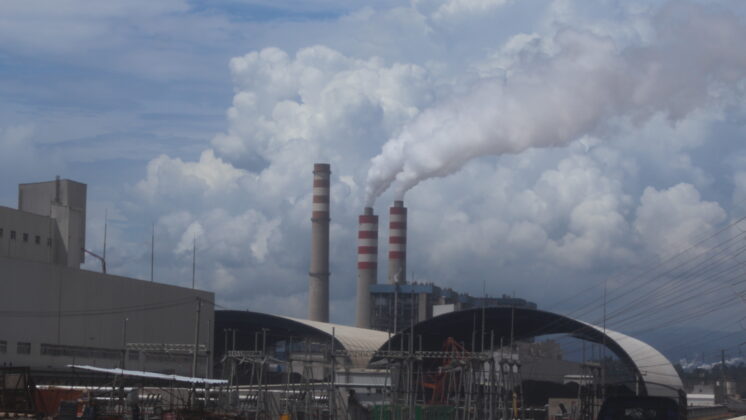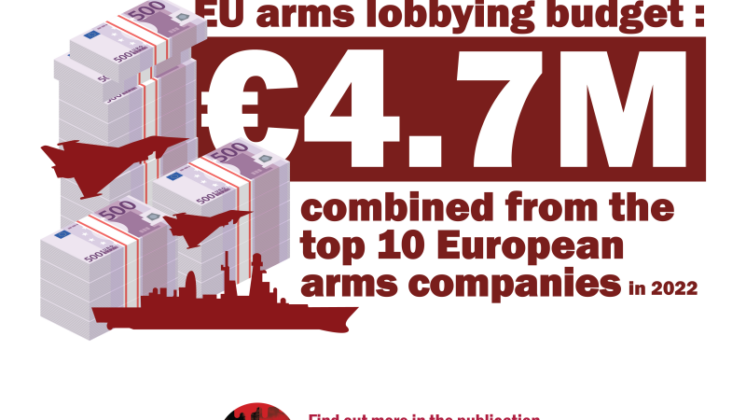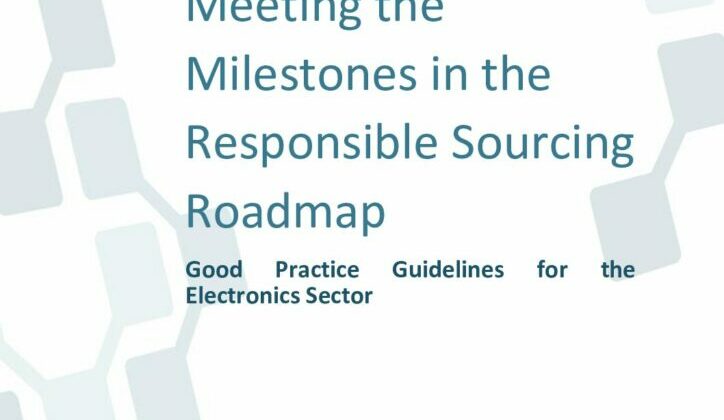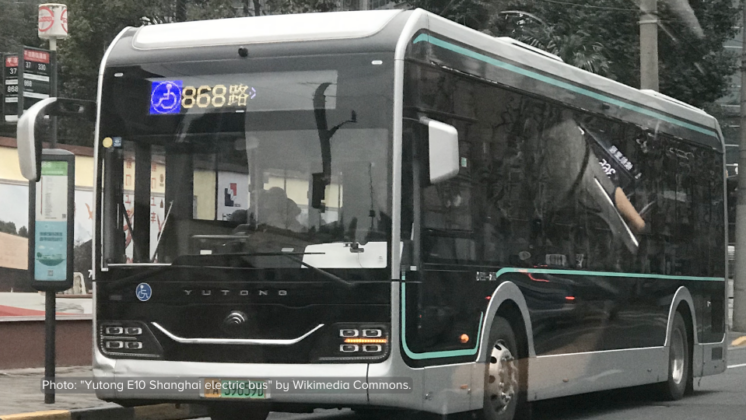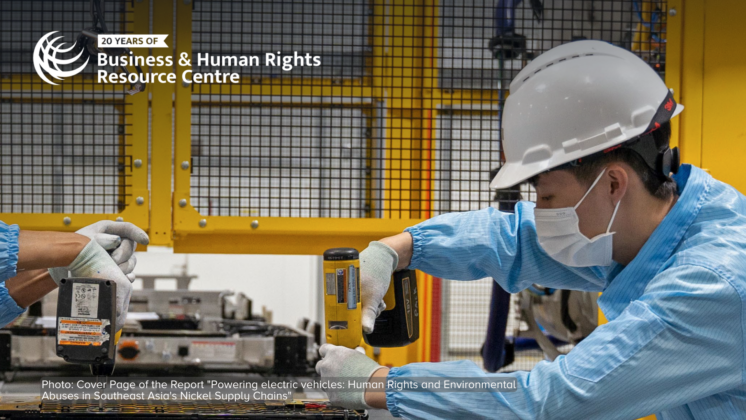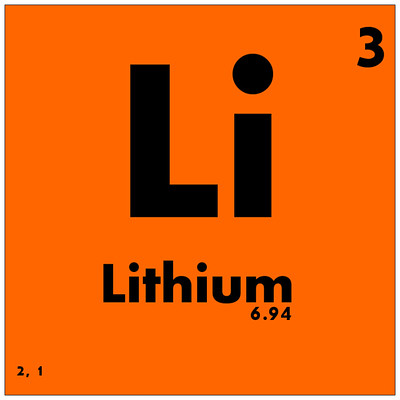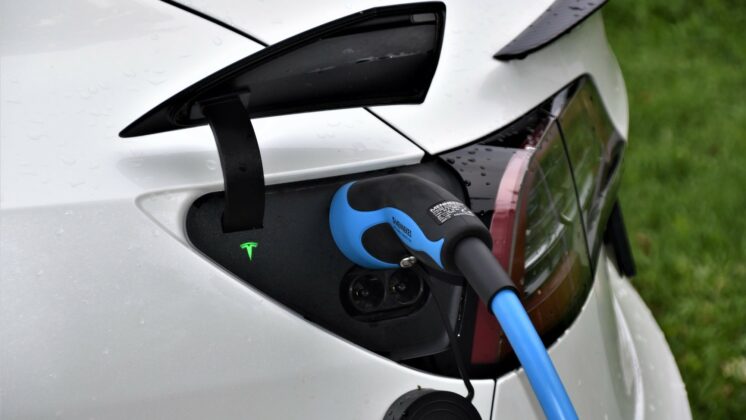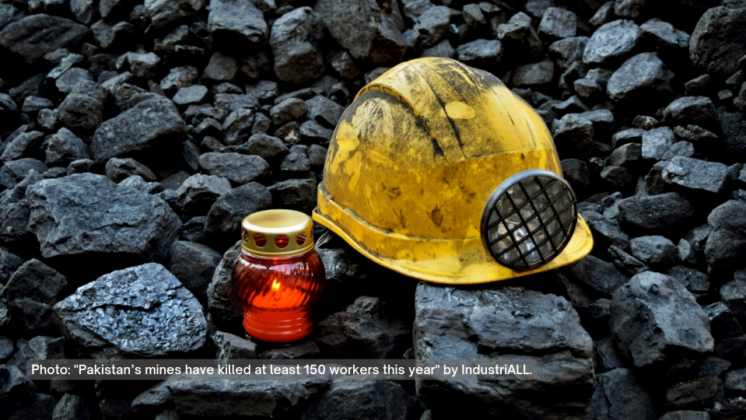A law proposed by the European Commission on responsible sourcing of minerals is not strong enough to prevent European companies’ mineral purchases from financing conflict or human rights abuses, and falls far short of expectations, campaigners said yesterday.
Instead of putting forward robust legislation that would require a wide range of EU-based companies to do checks on their supply chains – known as due diligence – the Commission today announced voluntary measures that will only apply to companies importing processed and unprocessed minerals into the European market. The proposal covers companies involved in the tin, tantalum, tungsten and gold sectors. The campaigners warned that the Commission’s proposal – an opt-in self-certification scheme available to a limited number of companies – is likely to have minimal impact on the way that the majority of European companies source natural resources.
Sophia Pickles from Global Witness said: “The proposal is tantamount to the EU saying that it’s ok for companies to choose not to behave responsibly. This risks undermining the duty states have to protect human rights, which is well-established under international law. The proposal could even be redundant. EU governments have already endorsed voluntary due diligence guidance developed by the Organisation for Economic Co-operation and Development.”
Legislation introduced in the United States in 2010 that requires US-listed companies to do checks on minerals coming from the Democratic Republic of Congo and neighbouring countries has already prompted changes in the way that companies do business. Without a clear EU law that requires companies to do due diligence – and report publicly on it – the European Commission will fail to bring EU companies up to the same responsible sourcing standards as their American competitors.
Gisela ten Kate from SOMO said: “Rather than building on the significant momentum generated by legislation passed in the US, thereby raising the bar for responsible sourcing globally, the Commission’s proposal threatens to lower international standards and start a race to the bottom.”
“It’s absolutely critical that the EU enforces existing international standards”, said Seema Joshi from Amnesty International. Anything short of a mandatory reporting obligation for EU-based companies using and trading natural resources, will fail to prevent Europe from acting as a conflict mineral trading hub. Nor will it ensure that European companies avoid causing or contributing to serious human rights abuses when sourcing from these high-risk areas.”
Further, by directing the opt-in scheme only at importers of raw ores and metals, the European Commission has missed a unique opportunity to influence the behaviour of a much wider cross-section of global players. To ensure that natural resources from conflict or high-risk areas don’t enter EU markets, the law also needs to target manufacturers, and companies that import finished products. Metals from conflict areas routinely enter the EU in manufactured products like computers, phones, light bulbs and cars.
The whole press release is attached.
Read the EC Proposal here: http://europa.eu/rapid/press-release_IP-14-218_en.htm

